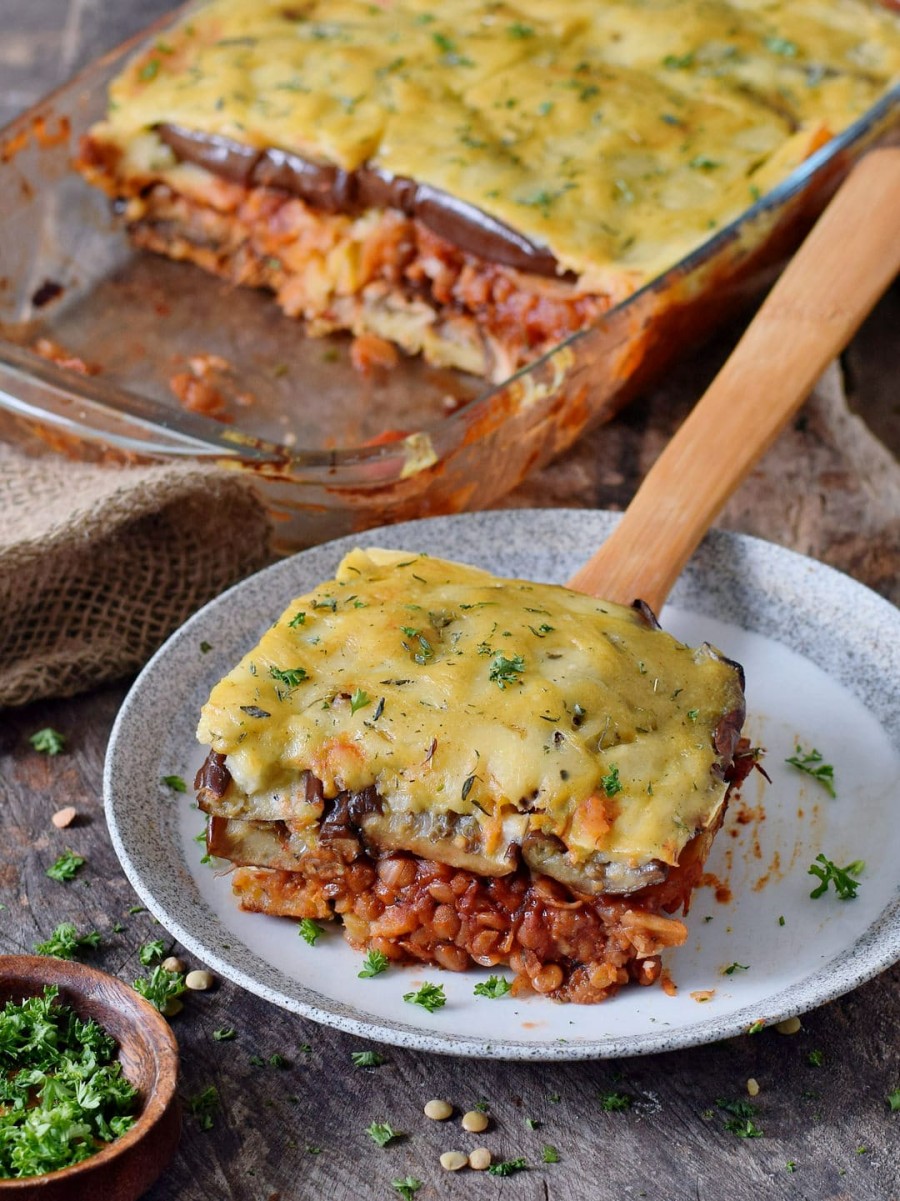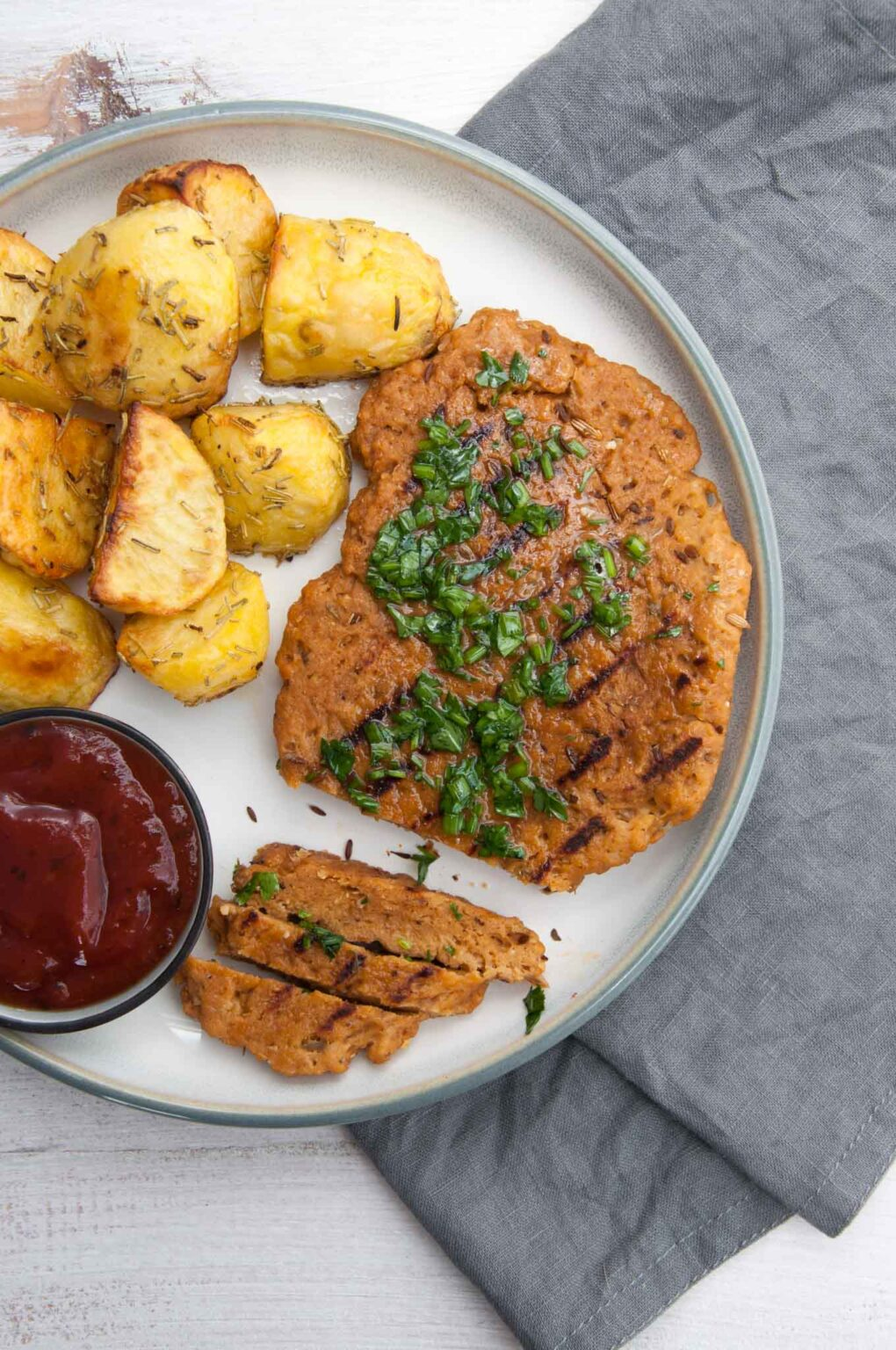Eat Like the Greeks (fact, or made-up media?)

England doesn’t have the best reputation for nutrition (with high levels of obesity, heart disease, type-2 diabetes, cancer etc). And we are often told that we should all ‘eat like the Greeks’, as they have the healthiest Mediterranean diet in Europe.
Is this true? Partly. But often there are vested interests and inaccurate reporting, which kind of makes the story not so straightforward. Let’s take a look at the facts!
Before cooking, read up on food safety for people and pets (many foods are unsafe near animal friends). Just bin allium scraps (onion, garlic, leeks, shallots, chives) as like tomato/citrus/rhubarb scraps, acids could harm compost creatures.
For tinned ingredients, pop lids inside cans (or pop ring-pulls back over holes) to avoid wildlife getting trapped).
Eating Well says that it’s perfectly possible to follow such a diet with plants, you don’t have to eat fish if you don’t want to (for ethical, over-fishing reasons or if you’re pregnant or nursing). Their dietitian suggests:
- Whole grains (brown rice, rolled oats, wholegrain bread, barley)
- Plant-based proteins (beans, lentils, chickpeas, tofu
- Nuts and seeds (not for young children or allergies)
- Healthy fats (olive oil, use rapeseed oil for cooking)
- Fresh fruits (organic apples, pears, berries and dried apricots/figs)
- Fresh vegetables (leafy greens, salad vegetables, garlic, onion)
- Dairy alternatives (oat drink is good)
Viva! reports that a recent study found that a plant-based Mediterranean diet was better for weight loss and health than one with fish. You can easily get omega 3 fatty acids from oils and nuts/seeds, without over-fishing or mercury poisoning.
Plus most fish eaten in England is not from lone fishermen, but from huge ‘city-sized ships’ that often by-catch other creatures like dolphins, sea turtles and sharks.
The four-month study asked 63 adults with weight issues to eat a ‘healthy Mediterranean diet’ for 16 weeks, and put the others on a low-fat vegan diet (with no change on the ‘eat like the Greeks’ diet, the latter dropped an average of 1 stone each.
Animal products are also higher in acid, linked to weight gain and inflammation. Which also means you are less likely to exercise (which helps also to lose weight).
Why are the Greeks So Healthy?
A Greek person would never eat a ready-made moussaka, it will always be homemade with fresh ingredients. Greece also has a strong family culture, so older people are cared for by relatives, rather than care homes (loneliness is known to increase both dementia and mortality).
Due to the Orthodox religion, Greeks often eat only plants during fasting. Fresh fruit and veg are daily staples (bought from markets) and salads (tomato, cucumber, onions, olives) appear at every meal. And dessert is commonly fresh fruit (oranges, figs, watermelon).
Meals in Greece (like most of southern Europe) are based around community. Family and friends eat and talk together and spend time outdoors. Combining fresh air with good food.
The Myth About Fish Oils
People often say Greeks eat loads of fish, so their health comes from omega-3 oil. But that’s not the whole story. In the past, inland regions ate more greens and beans than fish.
Years ago, fish was a treat, reserved for special occasions or for people living by the sea. In fact, the main fats from the Greek diet come from plant-based omega 3 fats, like olives, nuts and seeds. These all grow abundantly, in a country that enjoys over 250 sunny days a year. This also means more natural vitamin D, which is good for bone health.
Greeks Don’t Binge Drink
Although more Greeks smoke cigarettes, Greeks rarely binge drink. Like Italy, you’ll hardly ever see anyone flailing on the street, because they’ve downed 10 pints of lager or 2 bottles of wine!






